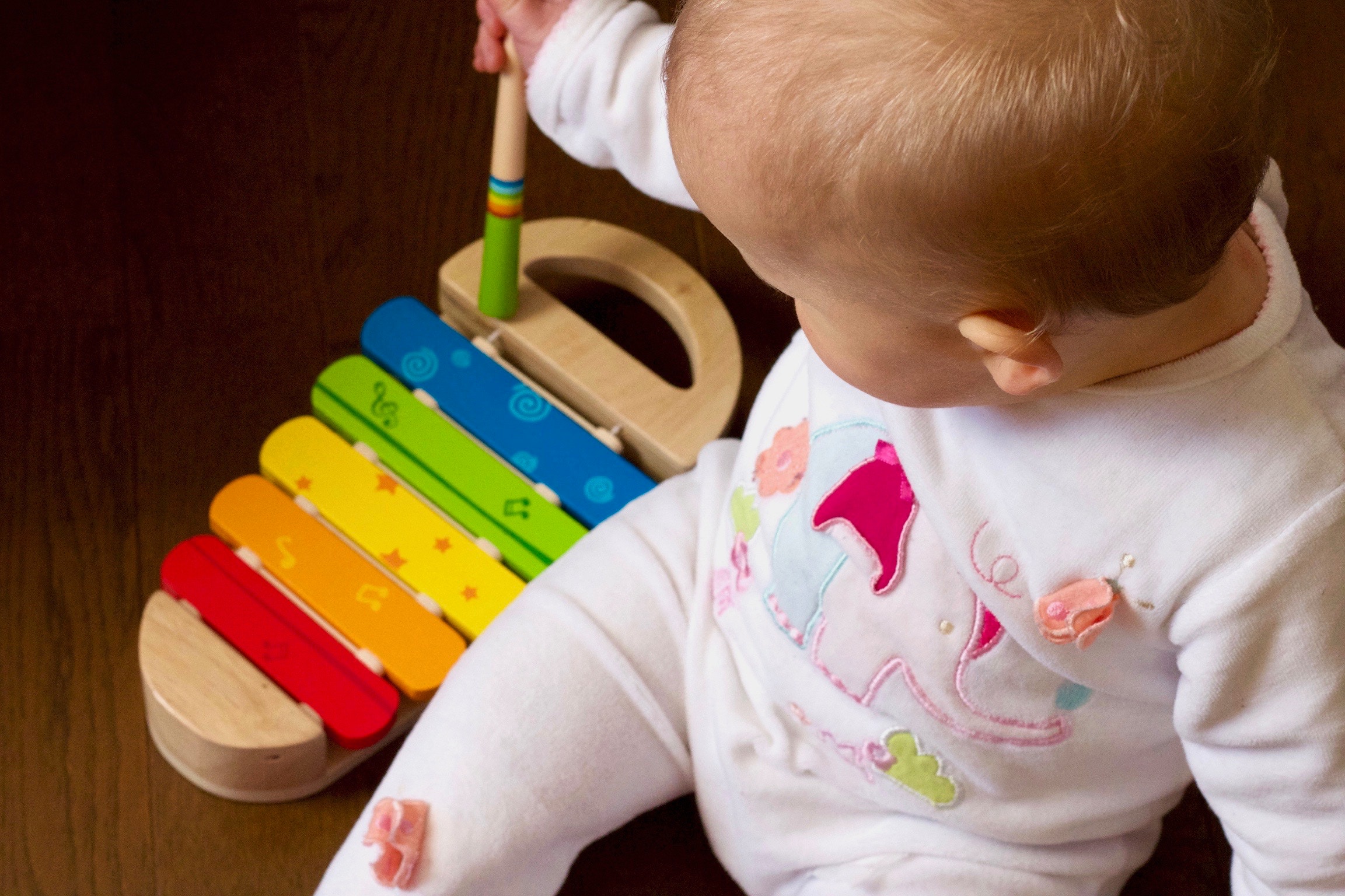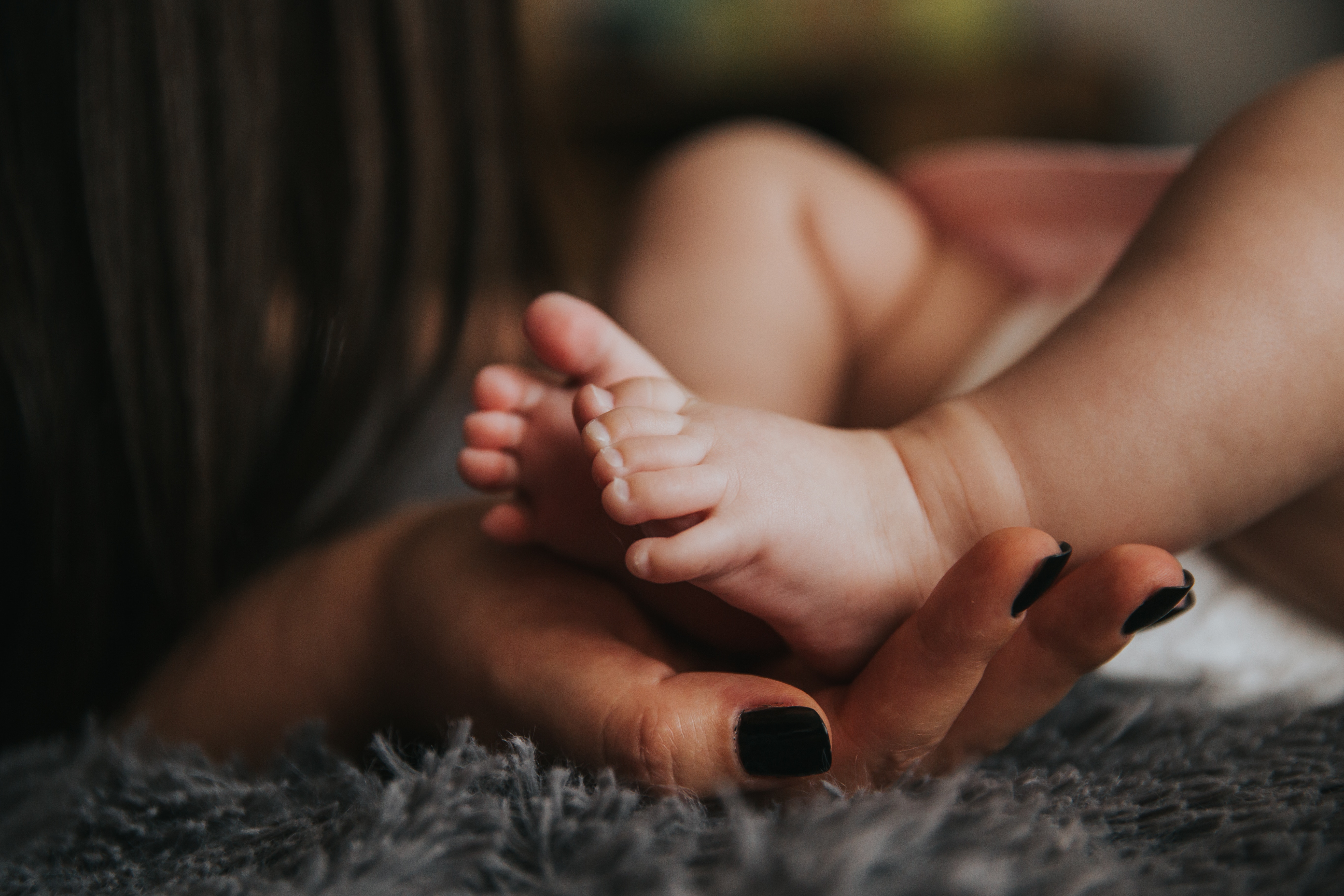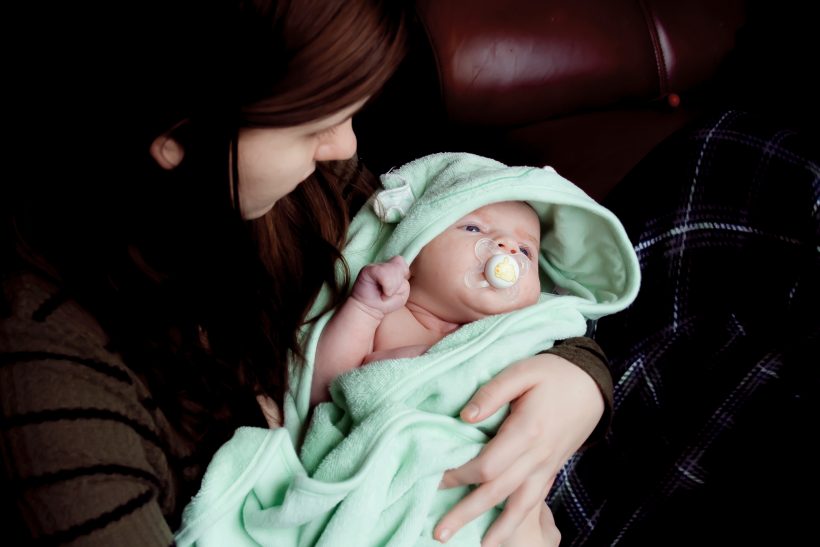Our planet is already so full of humans, and Earth is getting more cramped, resulting in the loss of wildlife habitat. But it’s also understandable that people still want to have children. Adding more humans in this world is not exactly eco-friendly, but there are ways to not damage our Mother Earth any further.
Toys and clothing

Usually these are the things that new parents would buy or get even before the baby comes. Unfortunately, newborn babies have a lot of developing to do and they’ve got vulnerabilities such as absorbing harmful chemicals through their skin. Which is why, getting organic clothing is one of the many ways to save the environment and the baby.
Cotton is one of the most chemically treated clothing material so you have to be careful when you’re buying cotton clothes for the baby. It’s better to use linen, soy, bamboo, organic wool, and organic cotton.
The downside of buying organic clothing, though, is the price. It’s widely known that the price of organic stuff is steep. So, if you’re on a budget, you can compromise by buying organic clothing for areas that the baby’s skin will directly touch. Then, you can get regular, non-organic type of clothing for outerwear.
Another way you can do is get baby clothing from someone (friends or member of the family). It might not be organic, but you don’t need to worry about budget as well as your impact to the environment.
The same thing goes for toys. It’s best to get it from your family or friends or buy it from second hand stores. However, make sure that the material is baby-friendly and thoroughly clean the toys before letting the baby touch them.
Read also: Have a Fun Game Night With 10 Eco-Friendly Games
Your babies’ nutrition

After the baby comes, one thing that you should always be concerned about is nutrition. You should develop healthy eating habits for your baby as well as yourself because by the time the baby grows up, your developed habit will let them grow properly.
But first, you need to decide whether you want to breastfeed or bottle-fed your babies. If you want to be eco-friendly, breastfeeding is the one you should go with, since it’s the most natural and greenest method of feeding a baby. It also benefits your baby greatly that The American Academy of Pediatrics suggests doing it exclusively for the first six months.
If you can’t breastfeed, then you should choose organic ingredients and use not too much bottles and nipples. Cleaning products are better homemade or organic and eco-friendly.
As mentioned before regarding healthy eating habits, once your baby is done with milk, you should give them organic food that don’t have chemicals and pesticides. If organic food is too expensive for you, opt for produce items that are low in pesticides such as sweet corn, mangoes, kiwi, watermelon, pineapple, and honeydew.
Also, when your baby is old enough to have snacks and treats, it’s wiser to buy them in bulk. One reason is because you can save more money, another one is that you definitely use less plastic packaging. Once you’ve bought the snack, replace them in a reusable glass and BPA-free plastic containers.
Don’t forget to use cloth as bibs instead of using the disposable one or napkins. This goes for cleaning the mess your baby makes as well.
Read also: 12 Best Books About Eco-Friendly Actions that Kids Should Have
Take care of your baby’s skin

Again, babies’ skin are delicate and tender, so apart from clothing, anything that touches your baby’s skin including skin care and cleaning need to be well researched too. Always read the labels and avoid products containing dyes, phthalates, fragrances, and parabens because non organic/natural ingredients might be damaging to your baby’s skin. When you need baby powders and creams, find the better alternative such as calamine lotion, lanolin, shea butter, and olive oil.
Baby poo and pee stuff

You can’t potty train newborn babies, so you have to use diapers in the first months. On average, babies use up to 6,000 diapers before they’re finally potty trained. The problem is, those disposable, commercial diapers take from 200 up to 500 years to decompose. 27 billion disposable diapers end up in landfills every year in the United States only.
Additionally, these diapers contains carcinogenic materials used for bleaching, which is totally not okay for your baby. In order to protect the baby and to be eco friendly, alternative products that you should get are cloth diaper and/or biodegradable diaper.
Biodegradable diapers are made from plant-based materials that can be composted using some composting systems. Make sure that the labels really indicate that the diapers are biodegradable, since some other green brands actually contain petroleum gels.
I would say that the greener alternative is the cloth diaper. In where I’m from, people from lower economy or really traditional background prefer this diaper because you can wash and reuse them. And now, cloth diapers come in different designs, colors, and add-ons such as the snap-ons (so you don’t need to worry about giant pins and make your baby look like a cartoon character).
One thing to make sure is that your babies are okay with the clothing material, and to be safe, choose the organic cotton, hemp, or bamboo.
Read also: Forest School, Educating The Kids To Love Nature And Themselves
Say no to bath time

Well not actually all the time, what I mean is that when your baby’s got just a bit of mess, you don’t actually need to bathe them (unless the baby is totally covered in vomit or porridge). Half tub of water takes up to 35 gallons of water, so cutting bath time to two or three times per week will definitely help the environment (and it cuts your water bills).
If you’re not convinced, Michelle Bennett, MD, a pediatrician said that a little dirt could actually boost your baby’s immune system. “We have many healthy, beneficial bacteria that live in and on our bodies. Those healthy bacteria keep harmful bacteria at bay,” she said.
You can also save more water by bathing together with yourself or the baby’s siblings. You and your baby are within the same environment and are close together most of the time, the baby will have no hygiene issues. And remember, use gentle, natural, organic, or plant-based products for your babies.
Co-sleeping is okay

There are different opinions about co-sleeping, but one thing for sure is that sharing bed with your baby saves electricity. It will help the environment, and you’ll provide comfort and safe haven to your baby as well.
Don’t like the idea of co-sleeping at all? You can set up a wooden crib in your bedroom and put pillows or sheets that are made from organic fabric. Just a note, bamboo fabric is very soft and weather-adaptable, meaning that it’s cool when it’s hot and warm when it’s cold.
Read also: How to Teach Kids to be Environmentally Conscious
Source(s)
https://www.thebump.com/a/eco-friendly-parenting-tips-to-raise-an-eco-baby
https://www.amomstake.com/raising-baby-eco-friendly-way/
https://www.smartparenting.com.ph/parenting/baby/7-eco-friendly-ways-to-care-for-your-baby/page/2?



Leave a Reply